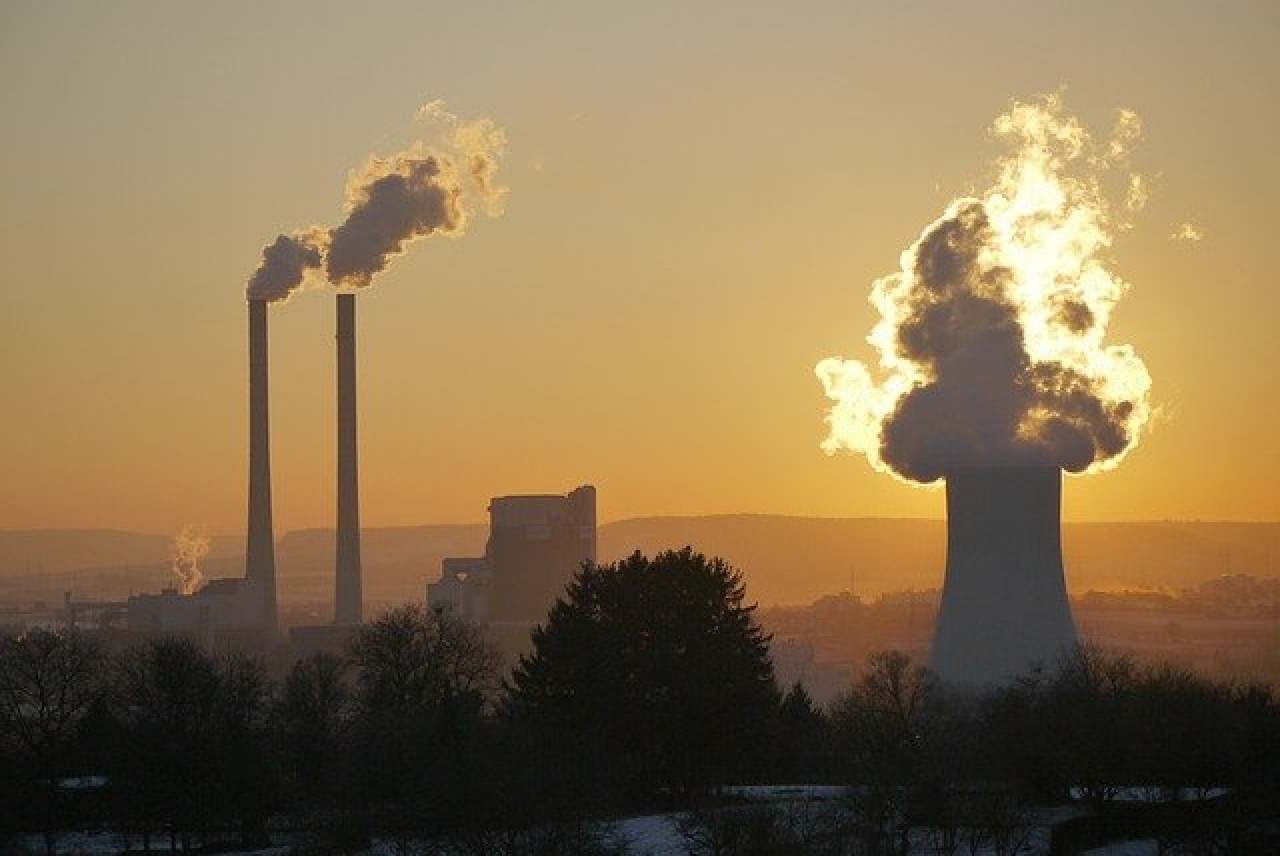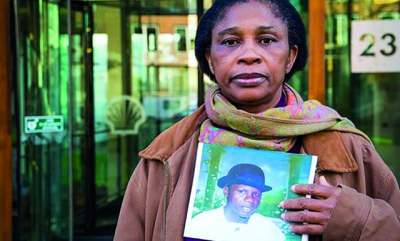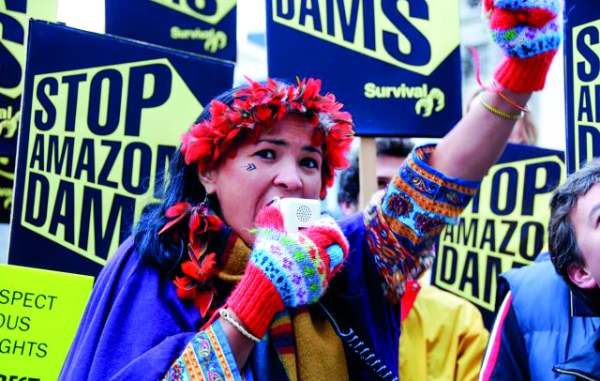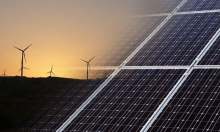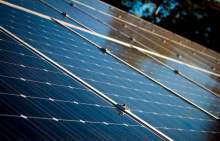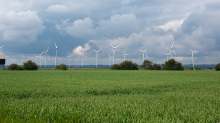Environmental damage and human rights abuses are sadly not new, with some of the companies having a long history of unethical practices.
Shell and Nigeria
Shell operates fossil fuel projects globally. The company has been condemned for its impacts on local environments and communities, particularly in Nigeria, where it is responsible for multiple oil spills, ongoing pollution and the displacement and violation of local communities.
Shell has been ordered to pay over $450 million to the Ejama-Ebubu community, for the pollution of their lands and waters, destruction of their livelihoods and multiple diseases resulting from a Shell subsidiary’s oil spill in Ogoniland in 1970. The company is also being sued by four widows of the Ogoni 9 who, in the 1990s, were convicted in a sham trial and hanged in secret by the state after opposing Shell’s actions in Ogoni.
In 2019, the Nigerian government decreed that Shell and several other companies should restart oil exploration in Ogoni – despite failure to clean up earlier spills in the region. Movement for the Survival of the Ogoni People (MOSOP) says there is a “very real threat of violence from the oil companies and the Nigerian government in an attempt to force their way into Ogoni.”
“Our suffering has not stopped, pollution has increased. The clean-up exercise is not happening, yet Shell is planning to return back to Ogoniland for more oil exploration. We are ready to resist any encroachment by Shell in Ogoniland,” said Lazarus Tamana, president of MOSOP.
